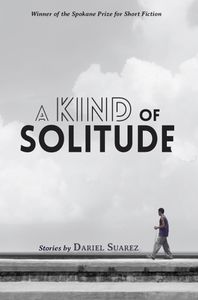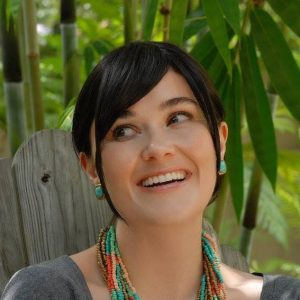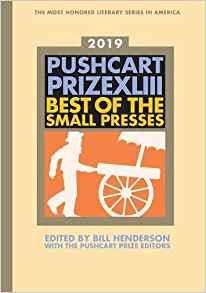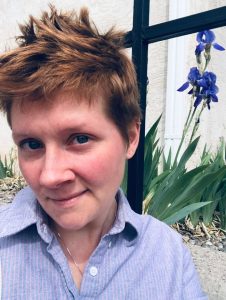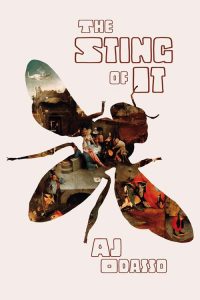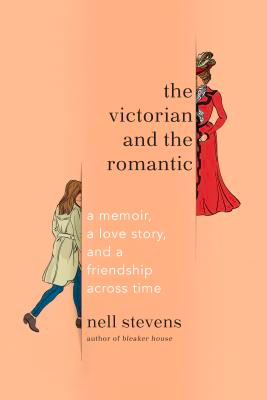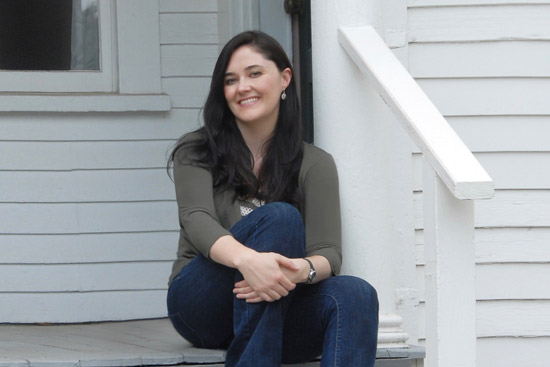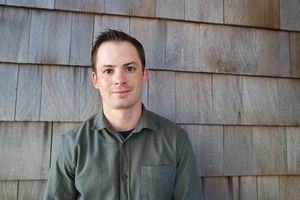
Chris Amenta (Fiction '13) has published his debut story in Redivider. Hurray! As his former workshop-mate, I'm especially excited to feature him on the CW blog, and hear more about his writing, his teaching, and his inspiring creative habits.
Tell us about the process of writing "Catch and Release." How did it start, where did it come from, and what changes did it undergo from first draft to polished story?
"Catch and Release" was the first story I wrote for the MFA program. I’d recently been on vacation in Seattle, and I walked to the Ballard Locks to watch salmon climb the fish ladder. Among the tourists were two teenagers who were crossing the bridge just to get to wherever they were going. I thought they looked interesting.
The version of this story that I turned in was a mess. Leslie Epstein returned a copy to me that looked as though his pen had exploded onto the pages. But he and the cohort seemed to like these two characters, and I did, too. I revised, and drafts later—with clearer characterization, action, and dialog—it started to come together.
What was the biggest challenge you faced in writing it?
This story has a complex plot that's advanced by Prete, who isn’t the point of view character. He orchestrates a turn of events which occurs to the narrator almost as an epiphany.
But, really, this story is about these two young guys. Prete’s grief has driven him to act badly. Tom is tired of looking after Prete, of cleaning up the kid’s messes. The plot—what Prete does—forces this tension to a climax, but what happens is actually a little dense and can be difficult to piece together. I put a lot of work into revealing the plot delicately so that the story can still be about the dynamic between these two friends and not about this unexpected turn.
You have a spare and direct style -- short sentences, short exchanges between characters, lots of verbs. Who would you say are your biggest influences?
I’m always trying to gobble up whatever I can. I had formative reading experiences with Dostoevsky, Joseph Heller, and the detective fiction of Dashiell Hammett, George V. Higgins, and Raymond Chandler. I find myself returning often to writers like Denis Johnson, J.M. Coetzee, and Jim Shepard. I also try to remember the architects: Mies van der Rohe (less is more); Louis Sullivan (form follows function).
What are your writing habits like? Any rituals?
I have a day job, and I teach at Boston University, and I write for Boston College and the College of the Holy Cross. Not writing fiction seems a terrifically easy thing to do. So I keep a routine. I get up at five or so and make coffee. I do some online window shopping—handmade shoes, for some reason, have become a fascination—then, I block the internet and work until I’m about five minutes late. I swim laps, hoping that the quiet might help solve whatever problem I’m toiling with. Then to work and all else.
You also have a novel on submission. Do you prefer writing one genre over the other, and why?
I don’t know that I prefer any one genre over another. I try to find characters that interest me. Lately, I’ve been looking for them in some of this country's stranger corners. The novel on submission is set in a man camp in fracking country in North Dakota. I’m currently working on something new which is about men and women in a modern, American militia. I’m interested in those characters and settings where realism can sidle up to the surreal.
What's something that you tell your students in every class?
I hope that I’ve made it clear that you can get away with whatever you can get away with. We spend a lot of time reading published fiction and essays about craft. And they have to listen to me go on about my ideas about how fiction works. Craft matters, technique matters, but I try to caveat everything we study by reminding my students that there’s no wrong way to write, so long as the story works.
Congratulations, Chris!
Christopher Amenta is a writer living in Boston, MA. He is a graduate of the Boston University MFA Fiction Writing program, where he received the Saul Bellow Award and was named a Leslie Epstein Global Fellow. He completed his undergraduate degree at The College of the Holy Cross, where his fiction was recognized with the James H. Reilly Memorial Purse. He teaches creative writing at Boston University, and his writing has appeared in Redivider, Boston College Magazine, and Holy Cross Magazine. His first novel, These Bodies Become Oil is currently on submission.
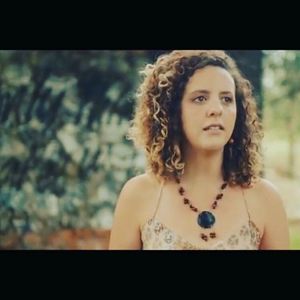 We’re so proud of Rebecca Levi (Poetry ’18) who recently won third place in the Mick Imlah Poetry Prize! The winning poem is called “December 31st” and was published in The Times Literary Supplement.
We’re so proud of Rebecca Levi (Poetry ’18) who recently won third place in the Mick Imlah Poetry Prize! The winning poem is called “December 31st” and was published in The Times Literary Supplement.